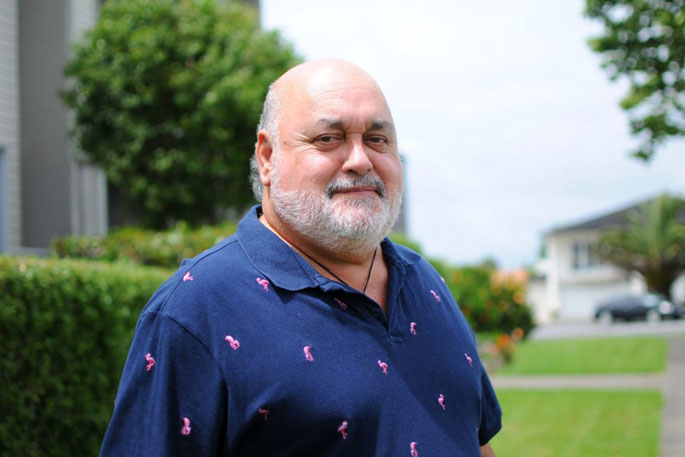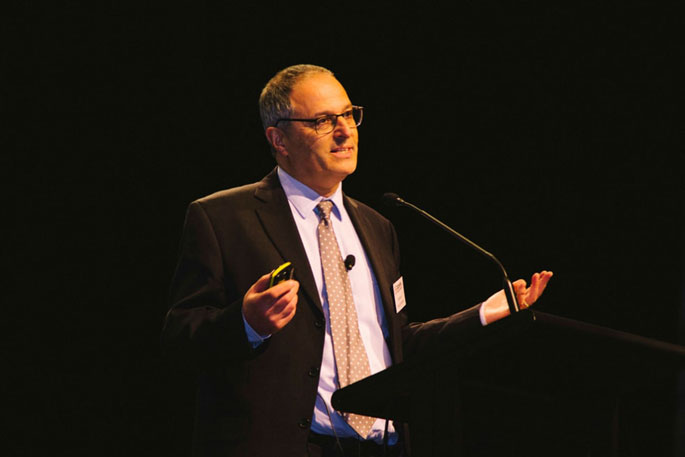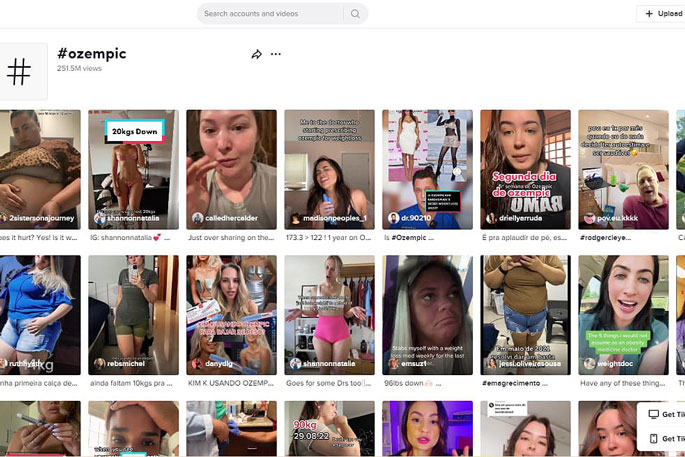A global surge in demand for drugs used for weight loss by US celebrities is behind the shortage of a vital medicine used by type 2 diabetics in New Zealand.
Billionaire Elon Musk attributed his new "fit, ripped & healthy" look to diabetes drug Wegovy in a recent Twitter post and Kardashian fans are making viral TikTok posts about Ozempic, another diabetes medicine, convinced it is behind Khloe Kardashian's recent major weight loss.
Last month, news broke that thousands of people with diabetes could be affected by a shortage of another GLP-1 (glucagon-like peptide-1) agonist diabetes drug: Trulicity (dulaglutide).
A global supply shortage of GLP-1 agonist drugs - expected to last until next year - has seen manufacturer Lilly ask New Zealand health care providers to consider not prescribing Trulicity to new patients.
According to Pharmac, 14,000 Kiwi diabetics are currently prescribed this drug. Chief executive Sarah Fitt says it's working with Lilly to explore all possible alternatives.
But a massive surge in demand for GLP-1 agonist drugs for weight loss is being fed by people taking to TikTok and other social media platforms to talk about them.
The drugs go by a variety of brand names, from Trulicity (dulaglutide) and Ozempic (semaglutide), to Wegovy (semaglutide). While Elon Musk confirmed he had taken Wegovy, the Kardashians attributed their weight loss to diet and exercise.
Counties Manukau resident Graham King was diagnosed with diabetes in 1990 and started taking dulaglutide this year. He says his insulin intake has halved and he has lost 15 kilograms since he began taking it.
King says the medication has been life changing for him and he is concerned about people using it "off label" to lose weight.
 Counties Manukau resident and diabetic Graham King said he was concerned to hear that people using GLP-1 agonist diabetes drugs for weight loss was what was driving their global shortage. Photo: LDR / Stephen Forbes.
Counties Manukau resident and diabetic Graham King said he was concerned to hear that people using GLP-1 agonist diabetes drugs for weight loss was what was driving their global shortage. Photo: LDR / Stephen Forbes."It's hard to not be troubled by this because dulaglutide is so good for the treatment of diabetes," King says.
"It certainly shouldn't just be used as a weight loss drug, it should be used for medicinal purposes only. Otherwise people who need it for medical reasons, like diabetics, will miss out."
Ministry of Health figures show in 2020 there were 277,803 people with diabetes in Aotearoa, with 47,988 in Counties Manukau alone.
Dr David Simmons is a professor at Western Sydney University's School of Medicine, but previously worked as a specialist in Counties Manukau and is an internationally recognised expert on diabetes.
He says the global demand for the drugs as a weight loss aid has grown markedly and the shortages experienced by diabetics in New Zealand are also being felt in Australia.
Simmons says the fact such medicines are effective for both the treatment of diabetes and weight loss is behind the spike in global demand.
"But [the shortage is] definitely because of their use outside of diabetes," he says.
"People know about this group of drugs and they are effective."
 Dr David Simmons says people with diabetes should go to the front of the queue during such drug supply shortages. Photo: LDR / Supplied.
Dr David Simmons says people with diabetes should go to the front of the queue during such drug supply shortages. Photo: LDR / Supplied.He says diabetes and obesity are major problems in most Western countries and it is no surprise people are keen to use them.
"It's understandable, but the supply issue we now have is a direct result of that."
He says people with diabetes should go to the front of the queue during such shortages.
"They should have priority because people with diabetes need this medication to reduce the complications they can suffer, like hypoglycemia."
His thoughts are shared by Diabetes New Zealand chief executive Heather Verry.
"It's sad that these people with type 2 diabetes are being denied access to a very good drug," she says.
Verry says Trulicity (dulaglutide) is restricted in New Zealand to those with type 2 diabetes who met strict criteria.
She adds that people with type 2 diabetes must have first access.
-Local Democracy Reporting is Public Interest Journalism funded through NZ On Air.




0 comments
Leave a Comment
You must be logged in to make a comment.